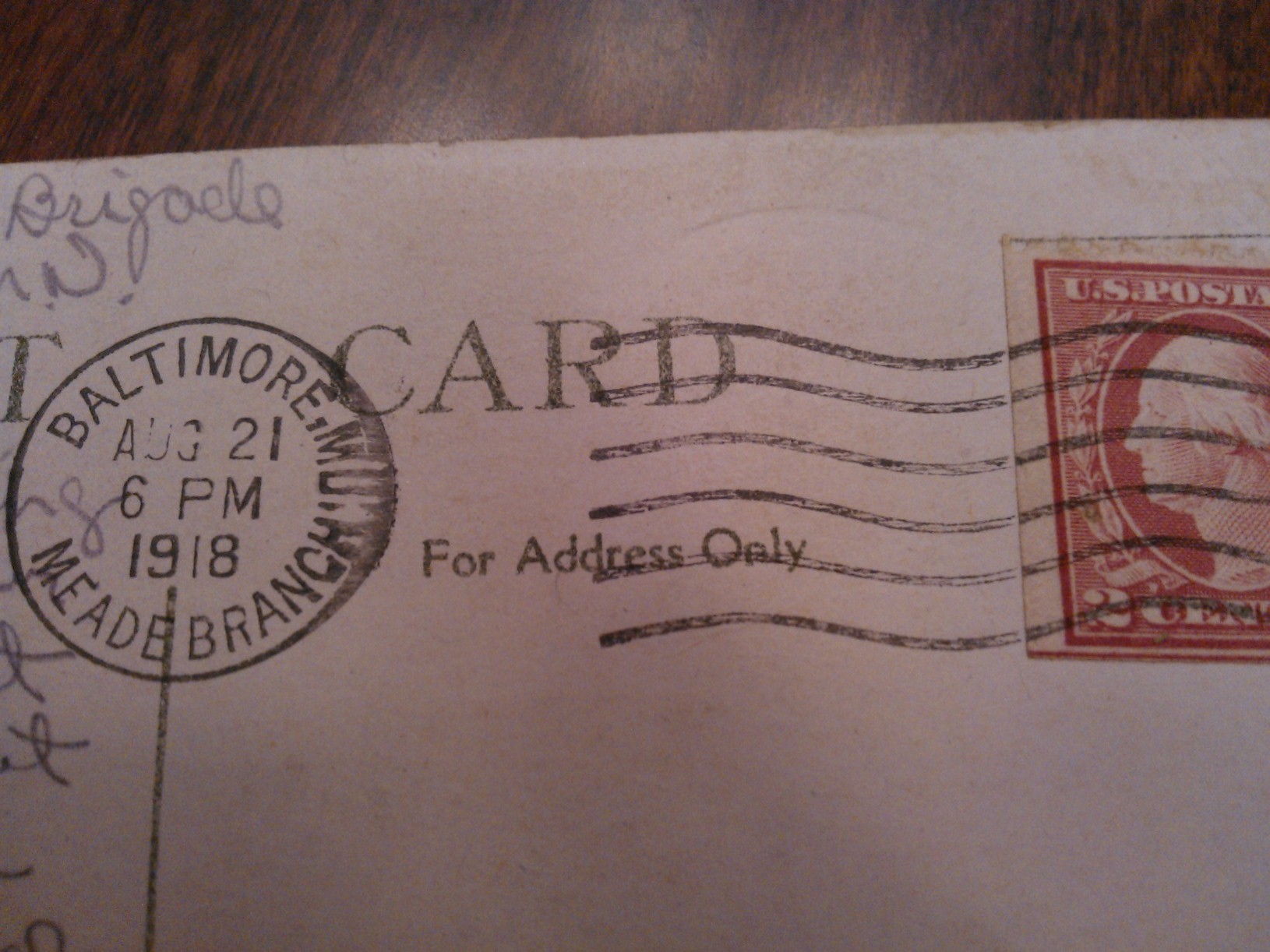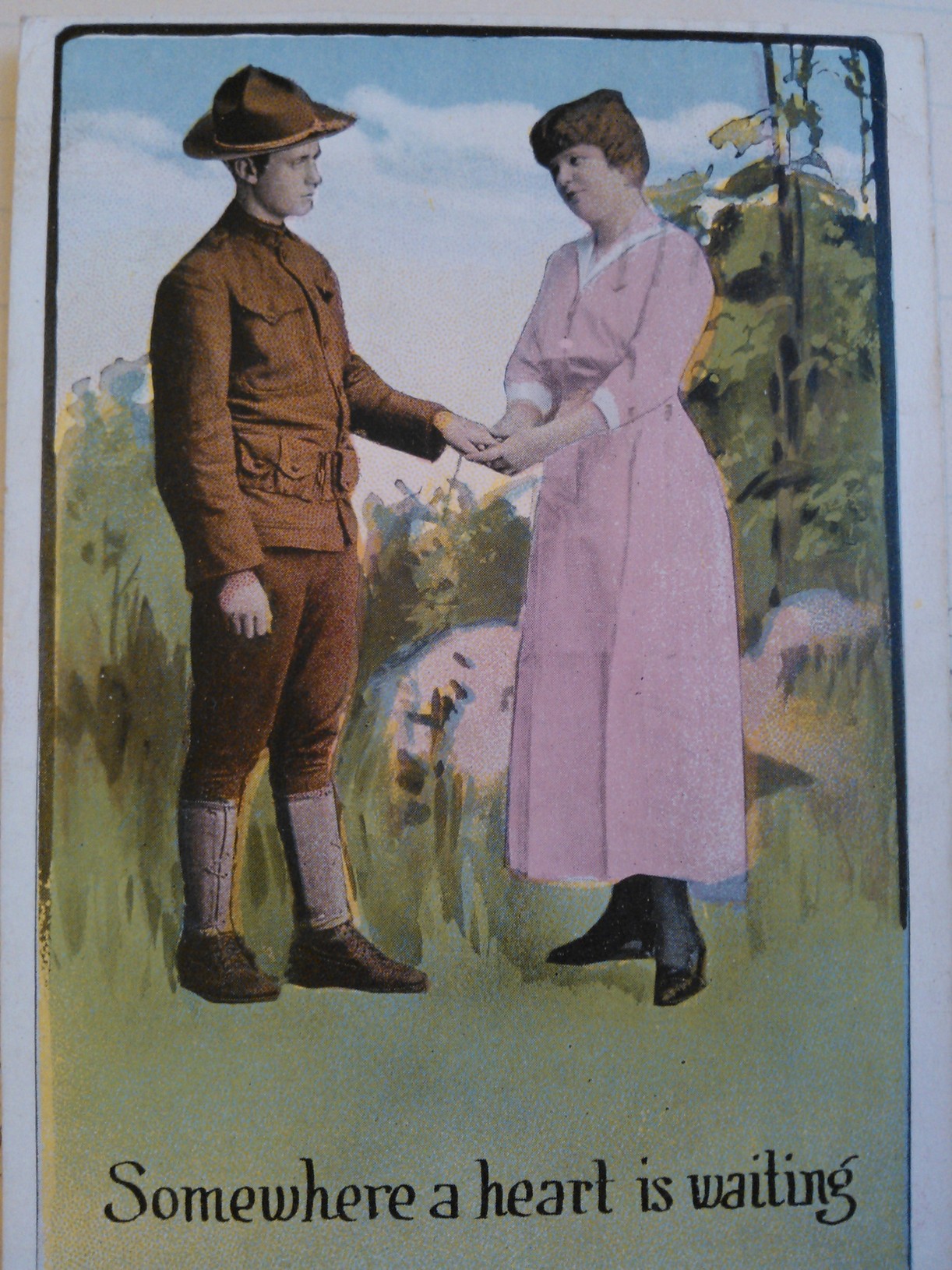I am known to frequent antique and collectibles shows. Curiosity always gets the best of me and I just have to go and visit with dealers from different markets to get their take on how the market and economy are doing.
Yesterday, I went to a large show in my area. In 2010, it had shrunken with fewer big tents and dealers than usual, and 2011 was no different. This year, it appeared a bit larger, but what the producers of the show had done was allowed flea marketers in with items of lesser quality. So you had very high-end antiques mixed in with yard sale items. Some people enjoyed the varied selection, but most of the dealers did not.
There was a quiet murmur among the dealers of the show, and with my ability to bounce from dealer to dealer, I got to hear most of the “scoop” that was going around. They blamed the producer of the show who allowed the “cheap” goods in. Attendees were buying the cheap goods but not the high-end antiques. Some of the dealers who knew me shared that while they had sold some items. the public in general has become more difficult to deal with.
“They want to negotiate from the get-go, knowing the economic situation. They don’t care what something is worth. If we have $100 on something, they want it for less than half of that. They also behave as if we (dealers) are taking advantage of them, and we’re not … we’re all struggling.”
This was the basis of what I was seeing and hearing. Some dealers who refused to negotiate will be left with a truckload of stuff to bring back home and not much to show for it in their pockets. Others who are willing to negotiate will at least make something. Still there were others that shocked me a bit when I picked up one of their items; it was an immediate “I can do better on the price.” One lady pretty much dragged me into her booth and kept showing me things I had absolutely no interest in, and I thought that was pretty strange behavior … like she was desperate. No one likes to be pushed, but I remained polite and said, “No, thank you.”
As I soaked in the local color and all the buzz around me, a thought occurred to me that probably wouldn’t mean anything to anyone else. If all this stuff is left behind and the piles only get bigger with time, because they are not selling, what will become of all these items and who will purchase them as we continue to age and pass away?
If I were a dealer, I would think the art of negotiation and letting things go for a modest profit would be the key to being more successful in this challenging economy.
© 2012 Julie Hall




